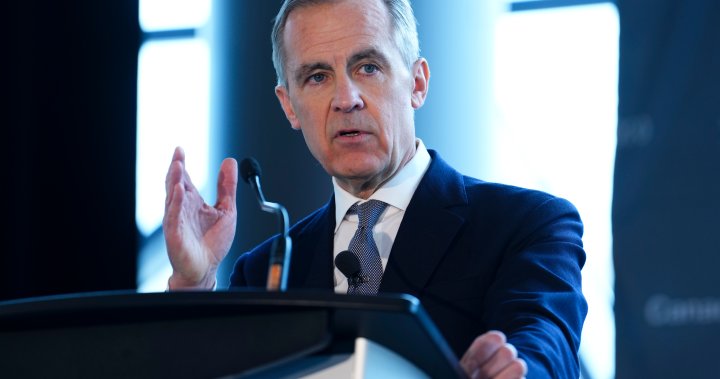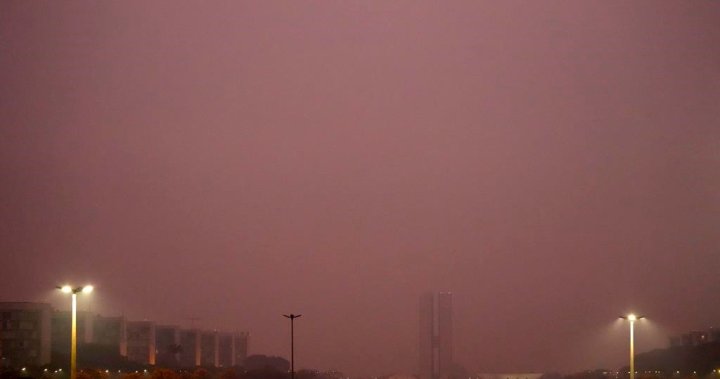Canada is in discussions about joining an expanded AUKUS deal between the U.S., Britain, and Australia formed to counter China’s growing military influence in the Asia Pacific region, Canadian Defence Minister Bill Blair said.
Canada has said it wants to join a second pillar of AUKUS that will collaborate on new military technologies, including artificial intelligence and quantum computing, but has not so far revealed any details of those talks.
“There have been important discussions about processes and platforms on a project-specific basis on where other nations, including Japan and ourselves, might participate,” Blair said in an interview in Tokyo where he met his Japanese counterpart Minoru Kihara.
“I would respectfully wait until they’ve come to their determination, but I’m very optimistic,” he said.

Get breaking National news
For news impacting Canada and around the world, sign up for breaking news alerts delivered directly to you when they happen.
Blair said he and Kihara discussed AUKUS, which is already considering working with Japan. The initial phase of AUKUS involves the three founding members working on nuclear submarine technology for Australia.

Blair, who was on his second trip to Japan as defense minister, arrived in Tokyo from South Korea, which is also in talks about a role in AUKUS.
Canada is looking for a bigger security role in Asia and has made forging deeper ties with Japan and South Korea a priority. As its defense commitments expand at home and overseas the country is expanding military spending.
“Next year, my defense budget will rise by 27% over this year, and, frankly, in the next three or four years, our defense spending will triple,” Blair said.
He and Kihara also discussed Chinese incursions into Japanese territory that last month prompted Tokyo to lodge protests with Beijing.
Concerns about that Chinese military activity may be discussed at a meeting of the Group of Seven defense ministers in Italy next month, Blair said.
“It’s an important opportunity for us to have a conversation among the G7 partners about some of the activities that are deeply concerning to Japan and to Canada and to the United States and others.”





